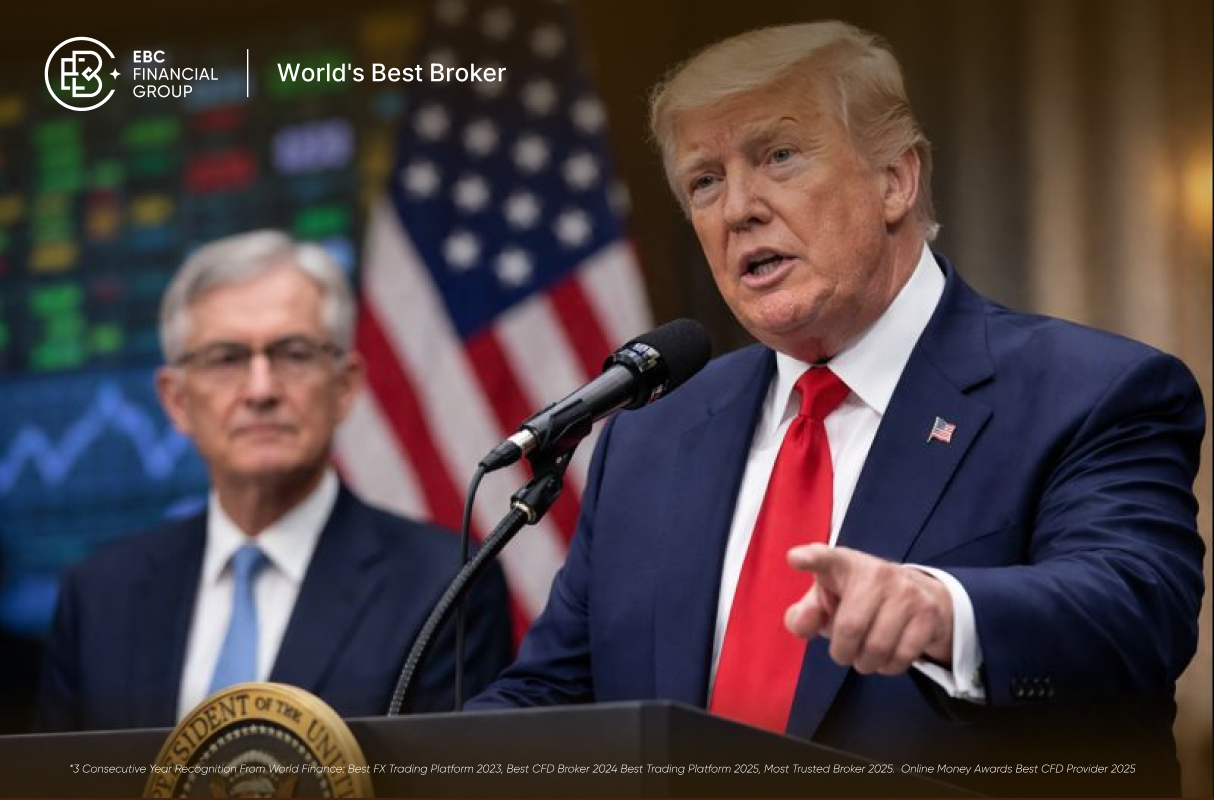Turo cancelled its IPO in February 2025 because market conditions turned sour, growth slowed dramatically, and the board decided it wasn't the right time to go public.
The company then cut 15% of its workforce in April and shifted focus to cost control and private operations while the broader car-sharing sector faces headwinds from economic uncertainty and competitor struggles.
Financial Decline Behind IPO Cancellation

After three years of preparation, Turo officially withdrew its IPO filing in February 2025, ending a marathon effort that began with its initial S-1 submission in January 2022.
The company's CEO Andre Haddad offered little detail beyond stating that "now is not the right time for Turo to pursue a public offering," but the financial data tells a much clearer story. [1]
| Financial Metric |
2021 |
2022 |
2023 |
9M 2024 |
Change |
| Adjusted EBITDA |
$81.1M |
N/A |
$48.8M |
$25.6M |
-46% YoY |
| Net Income |
N/A |
$154.7M |
$14.7M |
N/A |
-90% decline |
| Revenue Growth Rate |
213% |
59% |
18% |
8% |
Severe deceleration |
| Operating Income (9M) |
N/A |
N/A |
$21.1M profit |
$9.7M loss |
Turned negative |
Despite generating $958 million in revenue in 2024—up from $150 million in 2020—the company's growth rate decelerated from 213% in 2021 to just 8% year-over-year in early 2024.
The reputational damage from two high-profile incidents in early 2025, where Turo vehicles were used in deadly attacks in New Orleans and Las Vegas, likely added to investor concerns about the platform's risk management.
Unit Economics: Why Growth and Profits Diverged
The fundamental problem revealed in Turo's financials is a classic marketplace scaling challenge: revenue growth without corresponding margin improvement. Several factors explain this deterioration:
Customer Acquisition Costs: As the car-sharing market became more competitive, Turo had to spend increasingly more to acquire both hosts and guests, pressuring unit economics.
Host Revenue Share: To attract and retain vehicle hosts, Turo likely had to offer more favourable revenue splits, reducing its take rate from each transaction.
Operational Complexity: Expanding to international markets (UK, Canada, Australia, France) added regulatory compliance costs, insurance complexity, and customer service demands without proportional revenue increases.
Trust & Safety Investments: Following various incidents, Turo increased spending on background checks, vehicle inspections, and insurance coverage—all necessary but margin-dilutive investments.
This pattern suggests the peer-to-peer car rental model faces inherent scaling challenges that traditional rental companies don't encounter. [2]
Industry Expert Views
Market analysts have drawn broader implications from Turo's withdrawal that extend beyond the company itself.
According to Motor Finance Online, "Turo's decision to abandon its IPO plans and Getaround's US shutdown could have several implications for UK providers, including increased investor caution". The publication warns that financial challenges may prompt "regulators to impose stricter regulations, impacting operational costs and profitability" across the sector.
An investment analyst quoted in Nasdaq coverage noted that with Turo's departure, "market watchers face a dismally thin pipeline of venture-backed tech companies" ready for public offerings, highlighting how the withdrawal affects broader tech IPO confidence.
Bloomberg's coverage emphasised that Turo CEO Andre Haddad admitted the IPO process "had become a distraction" from core business operations, suggesting management recognised the mismatch between public market expectations and current performance.
Mobility IPO Outcomes: Turo vs Competitors
Turo's struggle fits a broader pattern of mixed results for mobility and sharing economy IPOs :
| Company |
IPO Year |
Outcome |
Current Status |
Key Lesson |
| Uber |
2019 |
Struggled initially, now profitable |
Successful |
Required massive scale |
| Lyft |
2019 |
Underperformed, still challenged |
Struggling |
Limited to ride-sharing |
| Getaround |
2022 (SPAC) |
Failed |
Shut down US ops 2025 |
P2P model challenges |
| Bird |
2021 (SPAC) |
Massive failure |
Delisted, restructured |
Unit economics never worked |
| Turo |
Cancelled 2025 |
N/A |
Private, cost-cutting |
Avoided public failure |
The pattern shows that mobility companies requiring heavy operational overhead (Bird, Getaround) struggled most, while those achieving massive scale (Uber) eventually succeeded.
Turo's withdrawal suggests management recognised they hadn't reached the scale threshold needed for public market success.
Car-Sharing Market Challenges & Getaround Collapse

Turo's struggles occurred alongside broader sector difficulties. Most notably, peer-to-peer competitor Getaround shut down its US operations just one day before Turo withdrew its IPO plans.
This timing sent negative ripples through the entire car-sharing investment community.
Key market challenges include:
Higher interest rates are pressuring consumer spending on mobility services
Traditional rental companies are fighting back with improved digital platforms and competitive pricing
Regulatory uncertainty around peer-to-peer platforms in various jurisdictions
Insurance and liability concerns following high-profile incidents
The broader IPO market also worked against Turo's timing, with tech IPO activity dropping from 67 companies in 2021 to just 12 in 2024. [3]
Industry Outlook & Growth Projections
Despite near-term challenges, the global car-sharing market shows long-term potential :
| Market Segment |
2025 Size |
2030 Projection |
Growth Rate |
| Global Car-Sharing |
Current baseline |
$24.4 billion |
11.8% CAGR |
| Peer-to-Peer Segment |
Current |
$7.44 billion |
21.85% CAGR |
| Total Addressable Market |
N/A |
$172 billion |
5.6% annually |
However, these projections face headwinds from:
Traditional rental companies' competitive response
Economic uncertainty is affecting discretionary travel spending
Regulatory scrutiny of peer-to-peer platforms
Insurance and safety concerns following publicised incidents
Frequently Asked Questions
1. Will Turo try to go public again?
Possibly, but not anytime soon. The company needs to demonstrate financial stabilisation and renewed growth before considering another IPO attempt. The most realistic timeline is 2+ years if they can fix their unit economics and market conditions improve.
2. What does this mean for Turo hosts?
Hosts face increased risks as Turo shifts costs and responsibilities onto them to improve the company's finances. Many report more claim denials and higher out-of-pocket expenses. Hosts should consider backup strategies and carefully evaluate their protection plans.
3. Is Turo in financial trouble?
While still operational, Turo's financials show concerning trends: EBITDA fell 46% year-over-year, operating income turned negative, and growth decelerated to just 8%. The 15% workforce reduction suggests the company is in cost-cutting mode to extend its runway.
Bottom Line
Turo's IPO cancellation reflects both company-specific financial challenges and broader market difficulties facing the car-sharing sector. While the company remains operational, its deteriorating margins, slowing growth, and recent layoffs suggest management is focused on survival and efficiency rather than preparing for near-term growth acceleration.
The subsequent workforce cuts and host policy changes indicate a strategic shift toward cost reduction and risk transfer that may stabilise finances but could damage the platform's long-term appeal to both hosts and users.
For investors, Turo serves as a reminder that even well-funded companies with reasonable business models can struggle when growth slows and market conditions turn unfavourable, making careful analysis of unit economics and competitive positioning more critical than ever.
Disclaimer: This material is for general information purposes only and is not intended as (and should not be considered to be) financial, investment, or other advice on which reliance should be placed. No opinion given in the material constitutes a recommendation by EBC or the author that any particular investment, security, transaction, or investment strategy is suitable for any specific person.
Sources
[1] https://techcrunch.com/2025/02/13/turo-scraps-plans-for-an-ipo/
[2] https://finance.yahoo.com/news/ripple-effects-turo-ipo-withdrawal-144045823.html
[3] https://www.nytimes.com/2025/02/18/technology/tech-ipo-delays.html























